There will always be news events on Phuket that we are reluctant to cover. Sad stories, tragic stories, stories that remind us of what's changing in a negative way on Phuket.
This is not one of those stories.
Primatologist Petra Osterberg wrote an article a little while back teling us that Cop, once a frightened baby gibbon being abused by tourist touts in Patong, would be released soon into the wild on Phuket.
Now that day has come. And the Phuketwan team, along with a crew from the BBC, is delighted to have the chance to see it happen.
The story of Phuket's gibbon rehabilitation is one of hope. Over the past 30 years, the number of gibbons in the wild in Thailand has been reduced by about 80 percent.
On Phuket the creatures were wiped out completely, with the last wild gibbon disappearing in the 1980s.
Now the Gibbon Rehabilitation Project is changing all that. The project is putting families of gibbons back into the Kaho Phraw Thaew forest, the last place they can find sanctuary in the Phuket wilderness.
It has taken years for Cop and her family to prepare for this day. Releases take place when a gibbon couple have had a baby and lived together for about two years.
That's when the bonding process is at its strongest, and the parents are prepared to learn the process of living in the wild and supporting each other.
Remarkably, 27 gibbons have been released into the wild on Phuket so far. Cop and her family will today take that number to 30.
We did some preparatory research at the Phuket rehabilitation centre this week.
Cop and her family are being prepared for release by being kept some distance from the parts of the centre that tourists can visit.
Even after release, they will be fed in the forest and protected from harm by their human guardians.
Poachers on Phuket are less likely to shoot gibbon mothers from trees to claim their babes, as once used to happen. Education has hopefully ended that nightmare.
But Ms Osterberg still hears of gibbons being abused by touts for tourists on Phi Phi island and around Phang Nga Bay.
Only with tourists understanding the harm that the process sustains will the cruelty end.
''I went to Patong the other night,'' Ms Osterberg said. ''There were a lot of slow lorises there. Like the gibbons, they are too cute for their own good.''
Education is needed to explain to all tourists, not just those from Europe, that to encourage the touts is to encourage the extinction of these wild creatures.
But there is Hope. Hope is the name of the first baby gibbon released into the wild on Phuket. And now, Hope is living in the wild and has her own family.
We'll update readers as soon as we can about today's release, and how you can help to make sure the gibbons are always a part of life on Phuket.

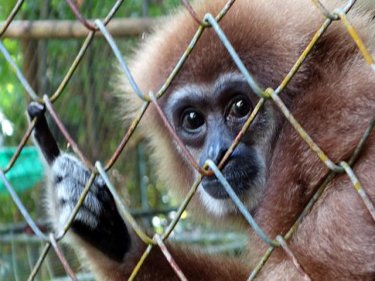







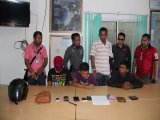
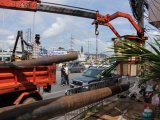
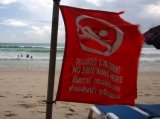
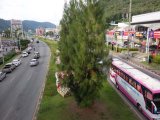
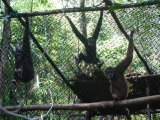
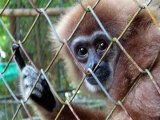
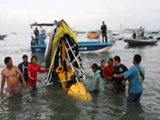
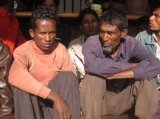
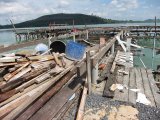
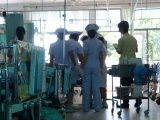



Heartening news. Particularly the part about these newly released gibbons being protected (and hopefully tagged) once returned to the wild.
I once admonished a couple of young tourists in Patong for agreeing to their having their photos taken with a baby gibbon, telling them they shoot the mother to get the baby. They were quite upset with me for disturbing their 'photo op'.
Posted by findlay on November 18, 2012 10:13